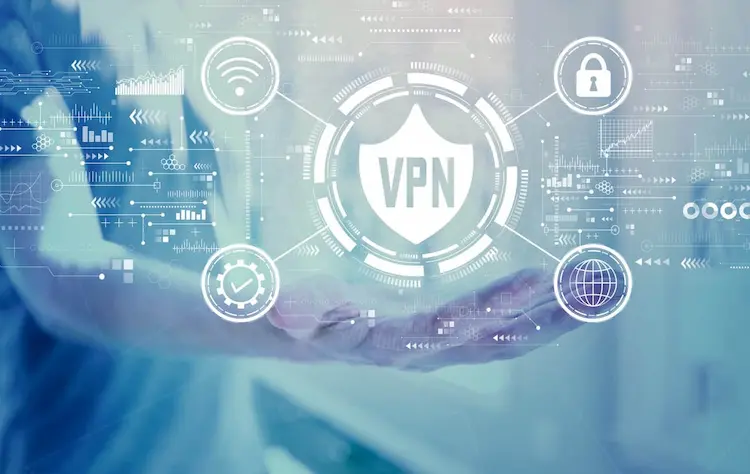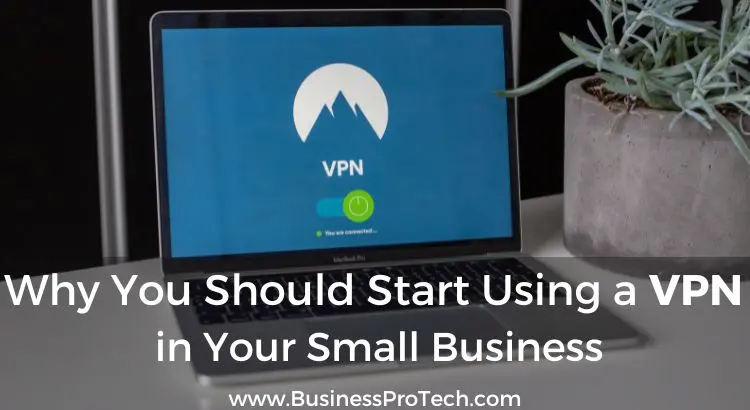Cybersecurity has become a major topic for businesses of all sizes. Big Tech companies like Facebook and Apple have invested billions of dollars in cybersecurity. Even so, hackers still find their way around to breaching their systems.
During Covid-19, many businesses had to switch to online mode. Some were already doing most of their operations in the virtual space. Others had to restructure their companies to stay in business.
Such sudden migration opened new opportunities for cybercriminals. By June 2020, the FBI reported a 75% increase in daily cybercrime. 20% of incidents involved hacking remote workers’ devices.
Remote work is one of the main reasons for this lack of online safety. Most large businesses have dedicated cybersecurity departments. They invest in robust firewalls and professional antiviruses that protect their corporate networks. This is all gone when an employee starts working from home.
A lot of small businesses have remote workers and BYOD policies. According to statistics by Accenture, 43% of cyberattacks target small businesses. And only 14% of businesses are ready to protect themselves.
A great way to boost your business’s cybersecurity is by using a Virtual Private Network (VPN), which is cybersecurity software designed to protect your internet connection and secure remote access.
What is a VPN?

Microsoft developed the first VPN in 1996 to grant safe remote access to their intranets from the outside. As internet coverage spread across the globe, remote work became a possibility. And during the pandemic, it became a necessity.
A Virtual Private Network is privacy protection-oriented cybersecurity software. It works by creating a safe and encrypted tunnel between the user’s device and the internet and reroutes all online traffic through it. In the last decade, it has become very popular among casual internet users that use it for online privacy protection.
But, during the pandemic, businesses of all sizes rushed to introduce VPNs to their software kits. It allowed remote workers to connect to the corporate network without taking unnecessary risks.
System administrators configured the network to grant access only to particular IP addresses from a trusted VPN source, preventing unauthorized access.
Moreover, advanced VPN encryption algorithms ensure that online data traffic remains safe from unwanted attention. That’s why VPNs have become indispensable business tools.
Moreover, many professional VPNs come at an affordable price. They are perfect for small businesses with limited cybersecurity budgets.
Also Read: Incognito vs VPN: Which One is Better For Private Browsing?
Three Reasons Why you Should Start Using a VPN in Your Small Business

Affordable Cybersecurity
With nearly half of all cyber attacks directed at small businesses, taking action is mandatory before anything terrible happens. If your small business allows remote work, you should ensure that each remote connection is secured with VPN encryption.
Keep in mind that cybercriminals are always looking for the easiest target. If they notice that your business uses a VPN, they might instantly consider it too much effort for further action.
Furthermore, professional VPN services developed additional valuable features, so let’s get into those.
Multilayer Security for VPN
To prevent unauthorized access, companies use VPNs. But hackers are continuing to break through security barriers. There are numerous instances where even the most secure of systems have been breached in a matter of minutes.
This is why companies are now considering the use of multiple security measures to ensure that they have a foolproof security system in place. The need for multi-factor authentication for VPNs has become all the more important.
Aside from the traditional username and password authentication, businesses can use multifactor authentication to secure their VPN. Multi-Factor authentication (MFA) is a security feature that uses two or more factors of authentication.
- The first factor is your credentials (such as username and password).
- The second factor is something that only you have, such as a security token or a one-time password.
So do you use Fortinet VPN? Why not enable Fortinet MFA to make your network access more secure? In fact, this procedure is possible when using various VPN Services.
Additional VPN Features
The core of any VPN is robust encryption, but once that is taken care of, you should look for additional benefits. For example, some top-rated VPNs have an ad blocker that will clear out the screen of any distractions.
Disabling ads will help your employees focus on the task at hand. And if they use cellular data, it will decrease data consumption and save money. Lastly, some ads can contain malware. Disabling them will also contribute to online safety.
Enhance your Digital Marketing Operations
So far, we have discussed the cybersecurity side of VPNs. Yet, tech-savvy small business owners know how to use VPNs for digital marketing. You can use a VPN to change your IP address to a different country and get access to their local internet.
You can visit local product review sites or connect with potential consumers over social media. Furthermore, you can get regional SERP results with a regional IP address. It will give you a much better understanding of consumer needs.
Wrap Up!
There are even more ways to benefit from a well-developed VPN service, but these are the most popular ones. We hope that it helps your small business to stay safe online at an affordable price.